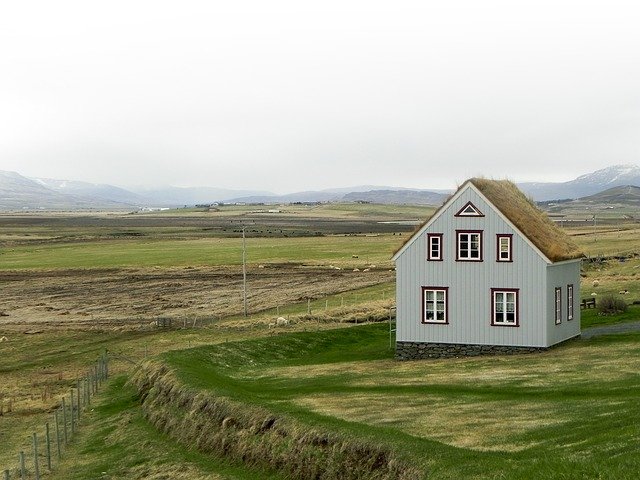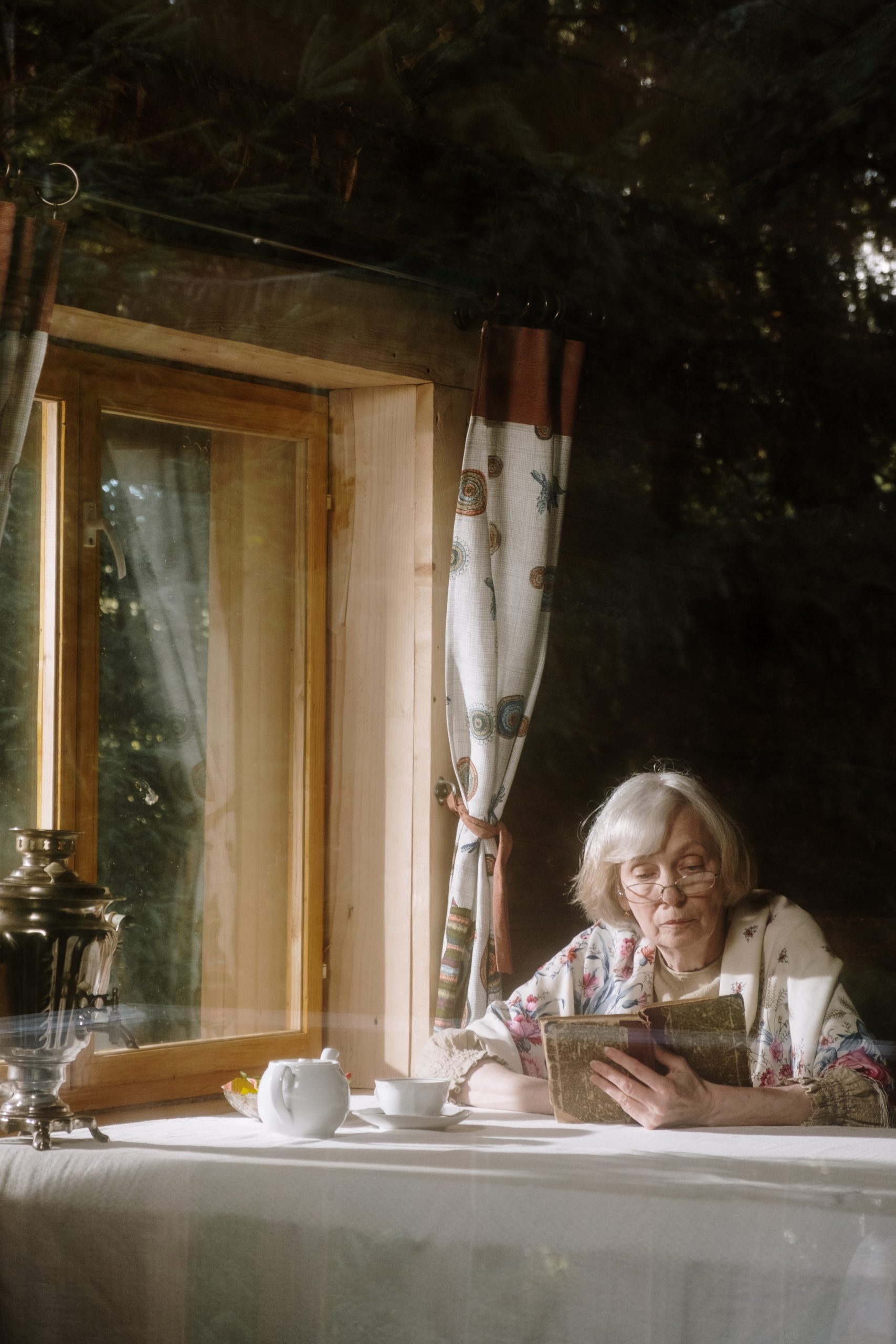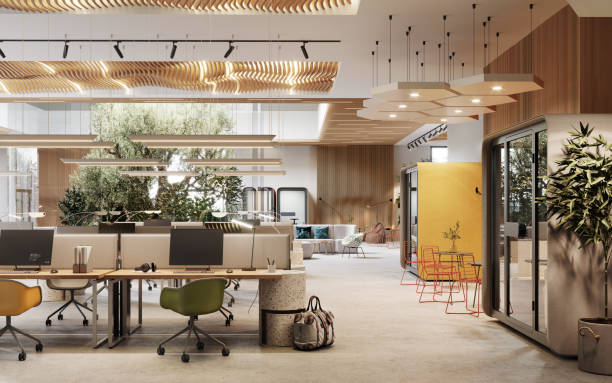Different kinds of House Types which people of the new generation like

Source: pexels.com
When it comes to purchasing a home, many people envision a typical single-family home. These houses have become almost inextricably linked to the concept of owning. However, these aren't the only types of homes available, and your ideal home could be something entirely different. Other types of residences, such as condos and co-ops, have advantages that many people ignore. Here's a look at the most popular types of houses and the potential each type gives home buyers to help you choose the best match for you and your family.
Below is a list of different types of houses:
- Single-Family Home
A detached building on a property is known as a single-family home. A single-family home is the most prevalent type of residence; over 70% of Americans live in one.
One of the advantages of having single-family types of houses is the ability to redesign it as you see fit, either on your own or with the help of contractors such as this one, who provide a variety of Home Painting Services. You'll also benefit from the seclusion of living in a detached building, as you won't be sharing any walls with your neighbours. Single-family homes are usually larger than other types of residences, and they frequently have a front and rear yard.
One of the most significant disadvantages of having a single-family house is that you are exclusively responsible for all upkeep, repair, and renovation issues. Homebuyers who opt for a single-family home, on the other hand, are willing to spend a little more for the benefits listed above.
- 2. Condominiums:
Condos are units within bigger structures that share at least one wall with another unit. Condos are particularly popular in larger cities when separate residences are either scarce or prohibitively expensive.
Although condos have the appearance and feel of apartments, they provide a number of advantages that rented units do not. Condo owners, for example, have more latitude to modify and have a greater influence on what happens to the building as a whole. Condo owners also reap the benefits of homeownership in general, such as increasing home equity and generating a long-term investment.
One of the disadvantages of having a condo is that you will almost certainly have to pay homeowners association dues (HOA). These costs, which are in addition to your monthly mortgage payment, can run into hundreds of dollars per month.
HOAs can also limit the kind of remodelling you can do, giving you less remodelling freedom than you would in a single-family house. This types of houses, on the other hand, maybe a terrific option if you're seeking for a suitable vacation house.
- Condominium
A townhouse is a single-family residence that is connected to one or more other townhouses by a shared wall. Townhouses, often known as row homes, are multi-story buildings with some outdoor space.
You'll usually have more space and privacy than in a condo, and they'll often be less expensive than a single-family home. But, A townhouse does have some disadvantages. You won't have as much space as you would in a single-family home. You may not have a backyard if your townhome design includes units built back to back. When comparing different types of residences, townhouses might be a nice balance, but they aren't for everyone.
- Multi-Family Residence
A detached building with many units is known as a multi-family home. Duplexes, triplexes, two-flats, twin homes, double bungalows, and other multi-family homes refer to the same type of structure.
One of the most appealing aspects of having a multi-family property is living in one apartment while renting out the others. The rent from the tenant can then be used to assist pay off your mortgage. They're also great for multi-generational families because everyone can live under one roof while yet having their own room.
The loss of privacy that comes with sharing a wall with other units is a disadvantage of this type of housing. A multi-family residence is often smaller than a single-family residence. Although renting out your other flats might be a good source of money, being a landlord can be time-consuming, and you'll be responsible for all of the units' maintenance.
- Cooperative
A co-op is possibly the most distinctive of the numerous sorts of homes. However, unlike a condo, where you own your unit fully, a co-op requires you to share ownership of the building with the other residents. Co-ops are appealing since they are often less priced than condos and have reduced HOA costs. However, this type of organization can also be detrimental.
Homes for Heroes can help you save money when you're ready to buy a home, no matter what style of home you want.
- Bungalow
Craftsman, Arts & Crafts, Mission-style, and Queen Anne are examples of bungalow styles.
Other advantages of a this types of houses include:
- Lower utilities and maintenance costs.
- A lower overall cost of purchasing due to size.
- Typically stylized and vintage architectural aspects.
A bungalow has all of the advantages of a single-family home without the costs and time commitments of larger properties.
However, because many authentic bungalows are over 100 years old, they may require additional upkeep or even new wiring to keep them in good working order. Other disadvantages include fewer bedrooms and baths and less storage space than newer residences.





